Global Health Center (GHC) Leadership
Office of the Director
- Director – Kayla Laserson
- Principal Deputy Director – Vacant
- Senior Advisor/Chief of Staff – Pamela Dougherty
- Deputy Director for Management, Operations, Communications, and Policy – Christa Capozzola
- Associate Director for Overseas Operations – Vacant
- Associate Director for Science – Vikas (Vik) Kapil
- Associate Director for Laboratory Science – Anne Purfield
- Associate Director for Emergency Preparedness and Response – Athalia Christie
- Associate Director for Policy – Marita Eibl
- Associate Director for Communications – Jacqueline Rosenthal
- Associate Director for Informatics and Information Resources – Xenophon Santas
- Management Officer – Melanie Moser
Division Leadership
- Acting Director of the Division of Global Health Protection (DGHP) – Simon Agolory
- Director of the Division of Global HIV & TB (DGHT) – Hank Tomlinson
- Director of the Global Immunization Division (GID) – John Vertefeuille
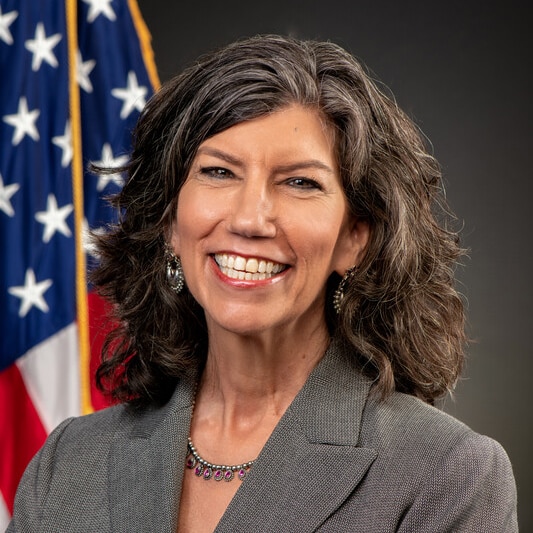
Kayla Laserson, ScD, SM, FASTMH (CDR, USPHS, RET) is the Director for the Global Health Center where she leads CDC’s global efforts to protect and improve health through science, policy, partnership, and evidence-based public health action. Prior to becoming the director for GHC, Dr. Laserson served as the deputy director for Infectious Diseases and Vaccine Delivery, India Office of the Bill and Melinda Gates Foundation (BMGF) where she focused on programmatic support to the government of India and partners on TB, neglected tropical diseases, malaria, and vaccine delivery. Dr. Laserson also led the BMGF’s COVID-19 response in India from 2020-2022.
Before her role at BMGF, Dr. Laserson was the CDC India Country Director and the CDC India Division of Global Health Protection program director for six years, based in Delhi. In these roles, she oversaw CDC’s platform in India, provided technical assistance to support India’s developing role in Global Health Security, oversaw partnerships and collaborations with the government of India, and directed CDC’s scientific strategy in India. She also served as the CDC resident advisor and helped build the India Epidemic Intelligence Service Program.
Dr. Laserson also served as the director of the Kenya Medical Research Institute/CDC Research and Public Health Collaboration in Kisumu, Kenya from 2006 to 2013. As director, she managed a comprehensive research platform in HIV, malaria, TB, emerging infectious diseases, demographic surveillance, and programmatic service delivery of HIV care, treatment, and prevention programs. Prior to her role in Kenya, Dr. Laserson worked in CDC’s Division of Tuberculosis Elimination (DTBE), where she started her career as an EIS officer in DTBE’s International Research and Program Branch in 1997 and later became the branch’s deputy branch chief.
In addition to her work in India and Kenya, Dr. Laserson has worked extensively in Mexico, Brazil, Russia, Lativia, and Vietnam. She holds a bachelor’s degree from Harvard College and a Doctor of Science in infectious disease epidemiology from the Harvard T.H. Chan School of Public Health. Dr. Laserson served as a commander in the Public Health Service Commissioned Corps until 2007.
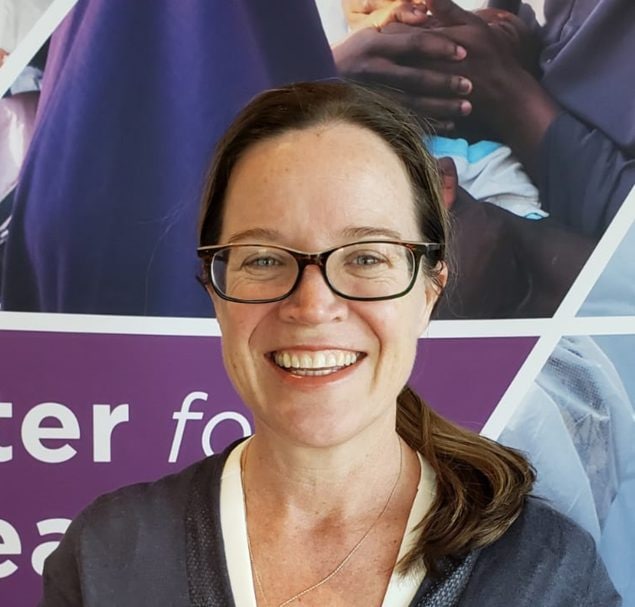
Pamela Dougherty, MA, is a recognized expert in strategic planning, cross functional analysis, intra and inter-agency collaboration and delivery of CDC’s public health capabilities. She currently serves as a Senior Advisor/Chief of Staff for GHC where she provides strategic guidance on global health programs for the Agency. For the past 20 years, Ms. Dougherty has worked for international and national programs, applying her expertise in strategy, policy, management, across a wide array of public health activities. She has worked in multiple CDC country offices in Africa (Cote d’Ivoire, Tanzania, Botswana, Sierra Leone, Liberia) and Asia (Thailand and Southeast Asia Regional Office) where she developed health initiatives and scaled up country offices capabilities.
Before beginning her work overseas, Ms. Dougherty served as a Public Health Advisor and Policy Analyst for the CDC Washington office, where she contributed to several important public health efforts including efforts to advance the establishment of the U.S. President’s Emergency Plan for AIDS Relief (PEPFAR) and other global initiatives, campaigns to advance HIV testing, as well as public health emergency responses to Anthrax and the September 11th attacks. Prior to her career with HHS/CDC, Ms. Dougherty was employed by the American Cancer Society (ACS) as Manager of Government Relations, where she led successful campaigns to increase funding for cancer detection and research and advanced efforts to help low-income women gain access to cancer screenings and treatments. Before joining the ACS, Ms. Dougherty was a Legislative Aide for the United States Senate where she provided research and tracking assistance for a U.S. Senator who was also a senior member of the transportation, budget, and appropriations committees.
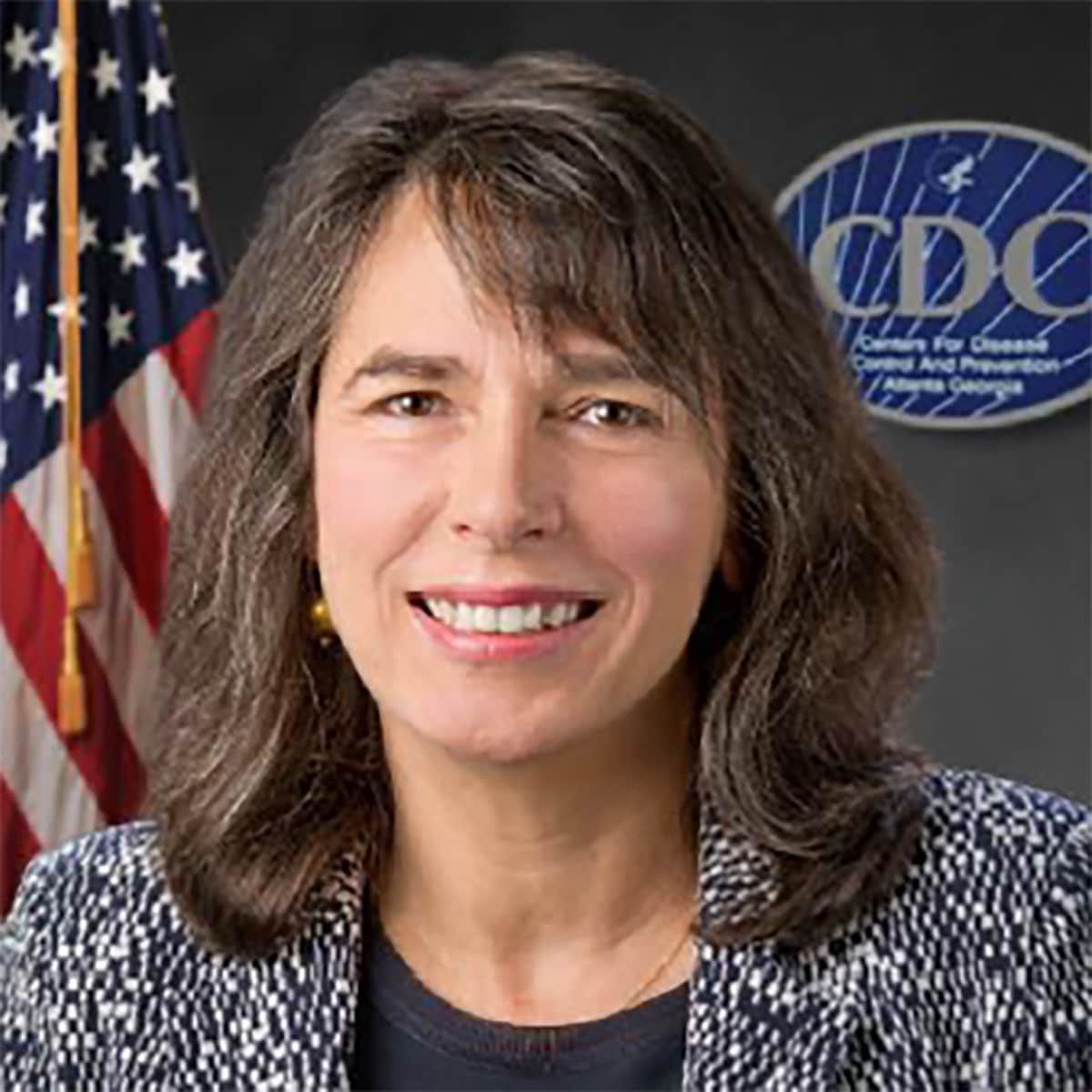
Christa Capozzola, MBA, is the Deputy Director for Management, Operations, Communications, and Policy in the Global Health Center since August 2023. Ms. Capozzola previously served as CDC’s Chief Financial Officer and Director of the Office of Financial Resources, where she led over 600 CDC staff to support the financial management, budget, appropriations, grant making, and contracting for the agency.
Prior to joining CDC, she worked at the U.S. Agency for International Development (USAID), where she served as Director of Budget and Resource Management, and as Deputy Assistant Administrator in the Bureau for Democracy, Conflict and Humanitarian Assistance. Before USAID, Christa served for seven years at the White House Office of Management and Budget (OMB), where she served as Chief for International Economic Affairs in the National Security Division. Christa’s management experience also includes roles at the Department of State. Ms. Capozzola came into federal government service mid-career after program management roles in global non-government organizations, and experience in management consulting and capital markets. Ms. Capozzola also served as a community agriculture volunteer in Peace Corps Mauritania. She holds a Bachelor of Arts degree in Political Science from Tufts University and a Master of Business Administration degree from Yale University School of Management.
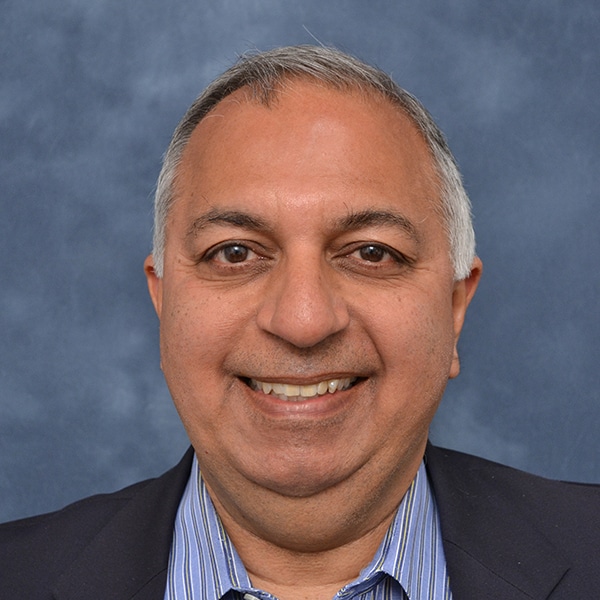
Vikas (Vik) Kapil, DO, MPH is Chief Medical Officer and Associate Director for Science in GHC. In this role he oversees science quality, integrity and ethics, extramural research programs, health equity efforts and monitoring and evaluation for GHC Divisions and CDC country offices. He also serves as the primary focal point on global climate and health issues and as co-chair of the CDC Title-38 Compensation Committee for physicians and dentists.
Dr. Kapil attended medical school and received his DO degree from Michigan State University and Masters in Public Health from the University of Michigan. He completed residency training in Emergency Medicine at POH Medical Center in Pontiac, Michigan and in Preventive Medicine at the University of Michigan Medical Center in Ann Arbor, Michigan. He is board-certified in Emergency Medicine and in Occupational Medicine and is licensed to practice medicine in Georgia and Ohio. He holds adjunct faculty appointments at the University of Cincinnati College of Medicine and Emory University School of Medicine.
Dr. Kapil’s primary areas of research and clinical interest include environmental and occupational lung disease, environmental emergencies, climate change and health, preparedness and response for mass-casualty events, and health systems in low and middle-income countries.
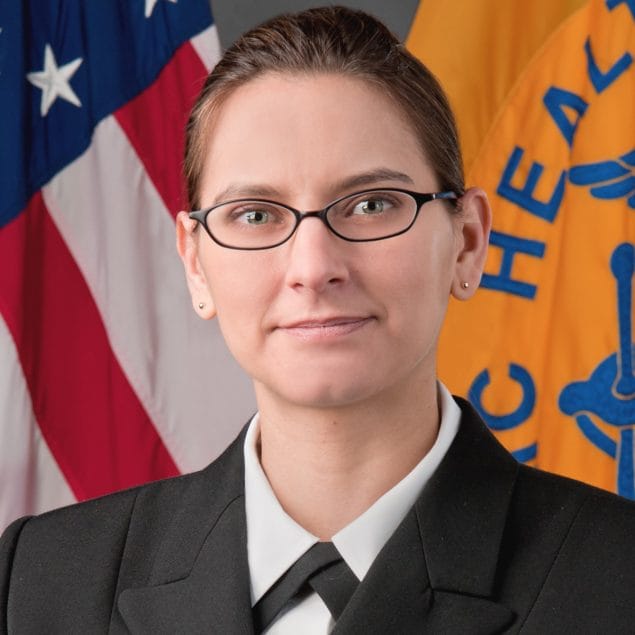
CAPT Anne Purfield, PhD is the Associate Director for Laboratory Science in GHC, where she advises senior leadership on global laboratory activities for CDC. She recently served as Associate Director for Laboratory Science in Addis Ababa, Ethiopia, where she worked to build laboratory capacity, surveillance, and emergency response activities across DGHP and DGHT programs. Prior to joining GHC, she directed laboratory operations for the Tuberculosis Trials Consortium (TBTC) in the Division of Tuberculosis Elimination at CDC where she led efforts to harmonize Mycobacteriologic methods for TB clinical trials across multiple TB trial networks, developed clinical trial protocols, and directed implementation and laboratory data collection to achieve high quality trial results, including Study 31, a recent phase 3 clinical trial showing that the drug-susceptible pulmonary TB treatment regimen can be shortened to four months.
In 2012, she entered the Epidemic Intelligence Service and was assigned to the CDC’s Mycotic Diseases Branch and previously served as a Primary Reviewer for new anti-parasitic, anti-bacterial, and anti-fungal drugs as well as drug products for anthrax and tuberculosis at FDA’s Center for Drug Evaluation and Research.
She received her PhD in Microbiology and Immunology at University of North Carolina at Chapel Hill and studied mechanisms of resistance and modes of action for drugs against Plasmodium falciparum, a parasite that causes malaria.
In her free time, CAPT Purfield enjoys cooking and baking for others and dogs, including her three Ethiopian street dogs, Dolly Parton, Getachew, and Sasso.
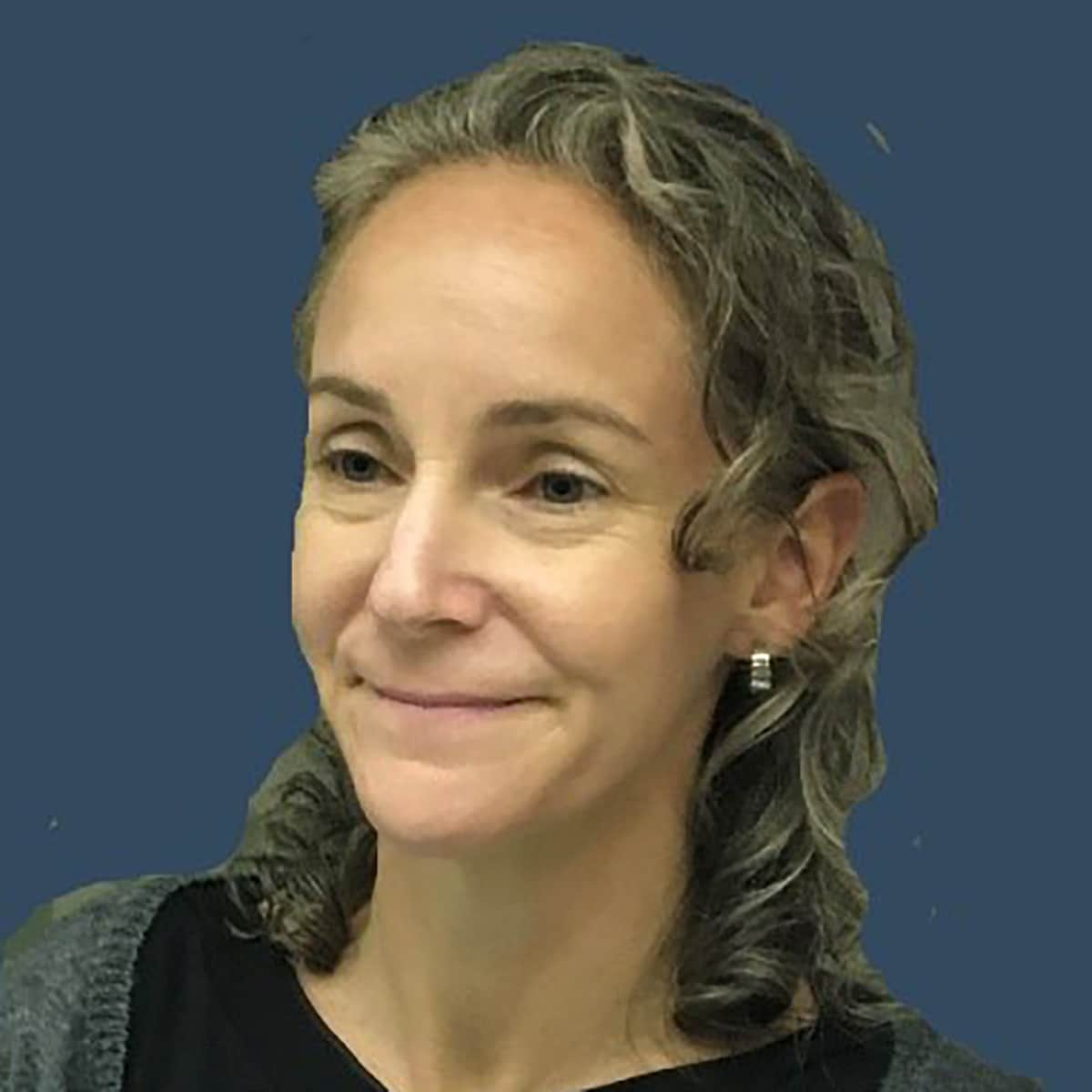
Athalia Christie, DrPH, MIA, is the Associate Director for Emergency Preparedness and Response. Dr. Christie began her CDC career in 1997 as a Public Health Prevention Service Fellow focusing on lymphatic filariasis within what was then the National Center for Infectious Diseases. She served her two-year state assignment for her fellowship as the Coordinator of the Expanded Contact Investigation Unit at the New York City Tuberculosis Control Program, where she oversaw more than 30 outbreak investigations. After her fellowship ended, Dr. Christie embarked on a series of international assignments, beginning with her role in establishing acute flaccid paralysis surveillance in Pakistan for the GHC Global Immunization Division. From 2001-2005, she was seconded to the World Health Organization (WHO) to lead the polio eradication programs in Somalia and South Sudan. In 2006, Dr. Christie was detailed to the American Red Cross to lead the Measles & Rubella Initiative, a partnership providing technical and financial support to more than 75 countries to reduce measles mortality. She joined the GHC Office of the Director in 2012 eventually serving as the Deputy Director overseeing policy, strategy, and communication for CDC’s portfolio of global health programs in more than 60 countries. Dr. Christie has deployed repeatedly to lead CDC emergency response teams since 2014, including as the CDC Ebola Response Lead in Liberia, Sierra Leone, and Democratic Republic of Congo and as the Principal Deputy Incident Manager for COVID-19 and Mpox in the United States.
Dr. Christie received her doctorate in epidemiology from Johns Hopkins University and her master’s degree from Columbia University. She has received dozens of awards for her service, including the Watsonian Public Health Advisor of the Year, the Secretary’s Award for Distinguished Service, and the American Red Cross’ Spirit of Excellence.
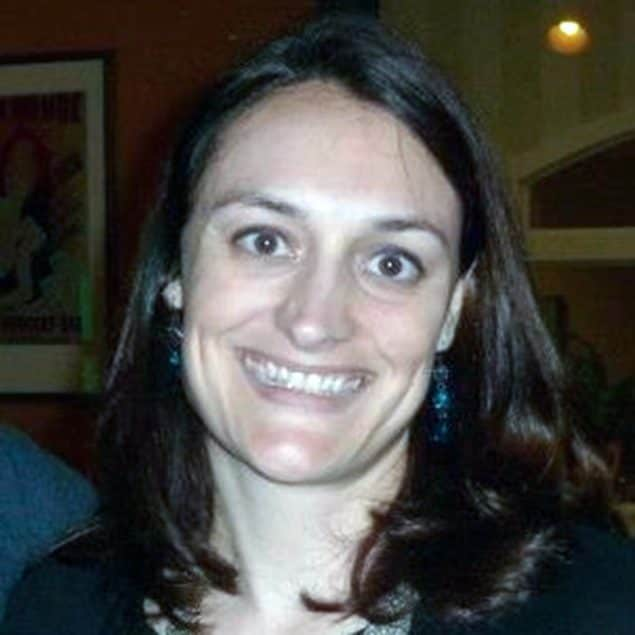
Marita Eibl, PhD, is GHC’s Associate Director for Policy. She came to CDC from USAID, where she most recently served as Director of the Office of Policy, Programs, and Planning (P3) in the Bureau for Global Health. Marita has worked in Global Health for some time and has experience in global health programming, policy and budget, and diplomatic engagement and collaboration with multilateral organizations and other U.S. government agencies. She has served as Chief of the Strategy, Analysis, Evaluation and Outreach Division within P3 and the budget analyst for the Global Health Programs account and gender within the USAID Office of Budget and Resource Management. She also served as the acting Agency Senior Coordinator for Gender in 2017. Prior to joining USAID, Marita worked at the Department of State, where she was a country lead in the Office of the Global AIDS Coordinator and worked on the Global Health Initiative. Marita also worked in the Office of the Assistant Secretary for Preparedness and Response at the Department of Health and Human Services. Marita has a PhD in Anthropology, studying women’s access to antiretrovirals in Tanzania during the first authorization of PEPFAR.
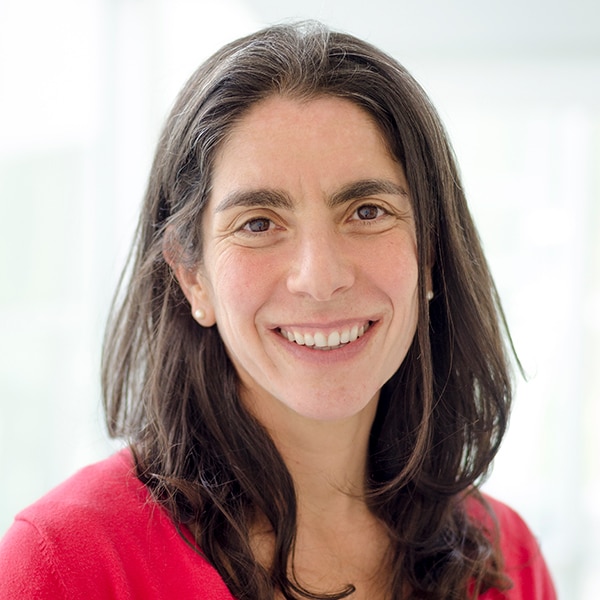
Jacqueline Rosenthal, MPA, is GHC’s Associate Director for Communications. With over 25 years’ experience in strategic communications, social marketing, muti-cultural communications, media outreach efforts, and partnership development, she directs comprehensive communication efforts for the Center and leads communication support for CDC country offices.
Before joining the GHC, Ms. Rosenthal served as Communications Team Lead for the Division of Reproductive Health (DRH) at the National Center for Chronic Disease Prevention and Health Promotion. There she directed all communication activities and oversaw several important public health efforts, including the development and implementation of DRH’s first social marketing campaign titled Hear Her to increase awareness of urgent maternal warning signs that contribute to maternal deaths. She also participated in the public health emergency response to Zika where she led communication efforts that supported the launch of the Zika Contraceptive Access Network (ZCAN), a collaboration with the CDC Foundation, and oversaw the development and implementation of a full-scale social marketing campaign (Ante la duda, pregunta) to increase awareness of contraception as an option to prevent or delay a pregnancy during the Zika outbreak in Puerto Rico.
Prior to her time in DRH, Jackie had a 17-year tenure at NCHHSTP where she oversaw and managed the development and implementation of many successful campaigns under one of CDC’s flagship social marketing initiatives titled Act Against AIDS. She also handled Hispanic/Latino focused partnerships and initiatives, coordinated awareness days and was key in preparing speeches, talking points, and presentations for various Directors and Deputy Directors of the Center.
Ms. Rosenthal has a BA from Rice University and a Master of Public Affairs degree from the Lyndon B. Johnson School of Public Affairs at the University of Texas, Austin.
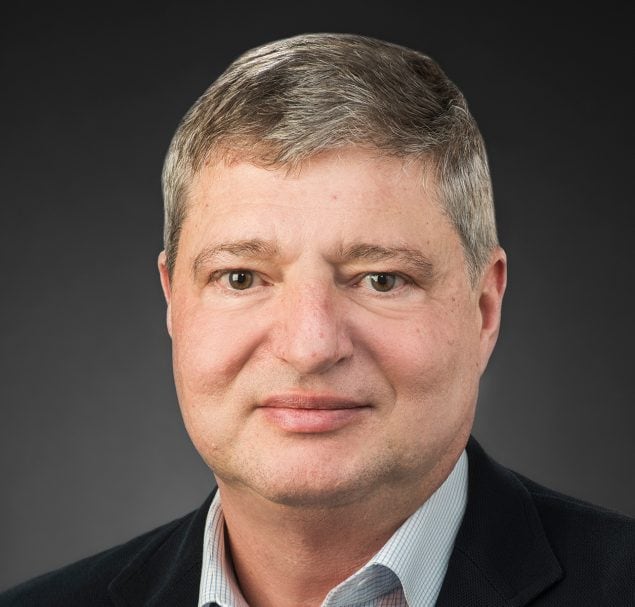
Xenophon Santas, BA has over 35 years’ experience overseeing, managing, and implementing health-related information systems. He is currently GHC’s Associate Director for Informatics and Information Resources, leading efforts to implement the America Rescue Plan-funded Global Public Health Digital Innovation – a three-year $140M investment to strengthen global outbreak response, pandemic preparedness, and routine surveillance through improved data availability and use – by modernizing data systems and processes at all levels. He also oversaw development of CDC’s Global Digital Health Strategy, to assist in modernizing data infrastructure globally, improve the state of global digital health, and accelerate the achievement of country-level digital enablement of health systems.
Previously, he co-chaired PEPFAR Health Information System technical working group, where he has assisted foreign governments and U.S. government grantees and field offices to plan, design, implement, secure, and evaluate health information systems to accurately measure health services and improve health outcomes. This working group also helped in automate the flow of data from patient-level to summary indicator systems; build the evidence base that implementation of health information systems improves program operations and health outcomes; and strengthen human capacity for designing, implementing, securing, evaluating, and using these systems.
Xenophon also worked in the U.S. domestic HIV surveillance program, where he systematically reviewed and improved the ability of state and local health departments to effectively protect the electronic security and confidentiality of HIV and AIDS-related data. He oversaw the modernization of CDC’s HIV/AIDS Reporting System to then-current industry and public health standards for architecture, system and database design, interconnectivity, data content, and security and confidentiality.
He has extensive experience establishing and monitoring contract vehicles for designing, implementing, securing, managing, using, and evaluating information systems.
His publications include evaluation of health information systems; data confidentiality and information system security; implementation of national health identifiers; providing guidance to national governments and international organization on use of electronic information systems to support implementation of international clinical care guidelines; and use of health information systems such as electronic medical records to improve health outcomes or program efficiency.
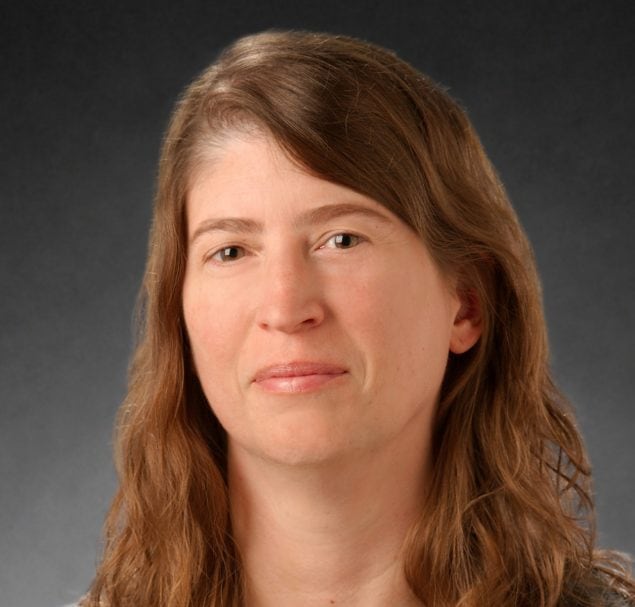
Melanie Moser, MPH has over 15 years of experience within CDC, twelve of which have been in GHC. She has served as the GHC Management Officer since 2020.
Melanie joined the Management Office in 2011 as the USAID-CDC Interagency Agreement (IAA) Manager for the $269 million nine-year agreement, improving relations with the USAID IAA manager, establishing internal governance for programs receiving IAA funds, and evaluating the IAA management to analyze challenges and opportunities. In 2014, Melanie was promoted to GHC Deputy Management Officer. As Deputy, she served on the CDC Labor Management Partnership Council and built strong relationships with the Office of Fiscal Resources by serving on the GrantSolutions Process and Policy Workgroup, the Value Added Tax Country Workgroup, and the Office of Grant Services-GHC Foreign Audit workgroup. She also provided supervision and guidance to the OD Extramural Team and the Global Travel Office. She deployed to Freetown, Sierra Leone for the CDC Ebola Response in 2015 and collaborated with the Office of Financial Resources to conduct an internal controls course at the 2016 Tanzania regional training. In 2018 Melanie moved to the Office of Budget Services where she led the IAA Process Council and the development of the Interagency Agreement Navigator. In addition, she conducted agency-wide training on IAAs, and collaborated with the CDC Foundation on gift project clean up.
Melanie began her career at CDC in 2001 as a Guest Researcher in the Division of Parasitic Diseases and Malaria. She served as a health communication specialist and web developer for DPDx: Laboratory Identification of Parasites of Public Health Concern, collaborating with parasitology subject-matter-experts to maintain web site information, produce parasite life cycles graphics, establish online continuing education for laboratorians, and presenting on telediagnosis at hands-on workshops and scientific conferences.
Melanie received a Master of Public Health from Georgia State University, focusing her thesis work on free-living amebic infections caused by Balamuthia and Acanthamoeba, and a Bachelor of Science from Frostburg State University.
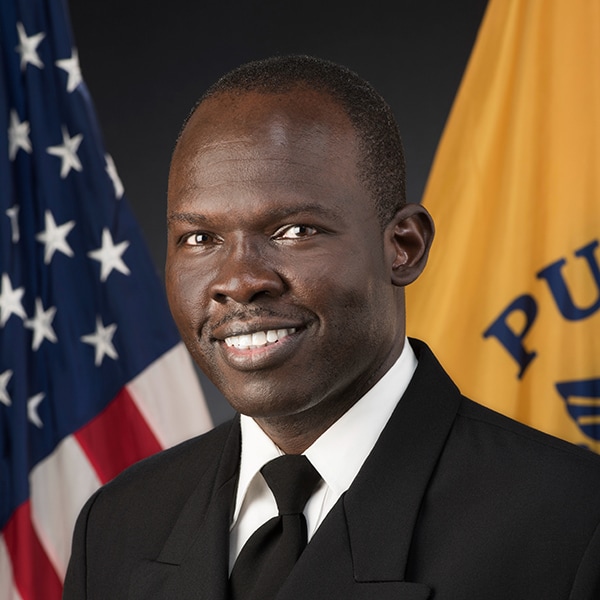
CAPT Simon Agolory, MD is the Acting Director of GHC’s Division of Global Health Protection. In this role, CAPT Agolory leads a team of CDC experts focused on building critical health security systems, protecting Americans and people across the globe from outbreaks and other public health threats.
CAPT Agolory began his career at CDC as an EIS Officer in 2009 in the Division of Global HIV and TB where he supported program implementation and implementation science activities in Kenya, Nigeria, Swaziland, South Sudan, Papua New Guinea, Uganda, Zambia, and the Central Asia Region. He is a Medical Epidemiologist and public health expert with over 15 years experience in infectious diseases and public health program development, implementation, evaluation and monitoring, and program management in low-resource settings. In 2014, he joined CDC Namibia as the Country Director and played a key role in the development and implementation of the Namibia Acceleration Plan which resulted in rapid scale-up of HIV treatment services to achieve the UNAIDS 90-90-90 targets for HIV epidemic control. He was also instrumental in the development of Namibia National Public Health Institute.

Hank Tomlinson, Ph.D., has served as the Director of the Division of Global HIV & TB (DGHT) since November 2017. In this role, he oversees all aspects of CDC’s global HIV and TB activities and programs and the division’s 1,800 staff in 45 country offices and at headquarters. Dr. Tomlinson leads CDC’s engagement with the PEPFAR and works closely with leaders at the Department of State’s Office of the Global AIDS Coordinator to end the global HIV pandemic as a public health threat by 2030. Prior to becoming the Director of DGHT, Dr. Tomlinson served as the Division’s Principal Deputy Director. Before that he served as CDC Country Director and as DGHT Program Director for the CDC country office in Nigeria. He was also the Department of Health and Human Service’s Country Representative to Nigeria, representing its 12 operating divisions and 9 agencies in bilateral engagements with the Government of Nigeria. Dr. Tomlinson also co-led the United States Government’s interagency global mpox work during the global 2022 mpox outbreak, working closely with the National Security Council and the White House domestic mpox Response Team.
Dr. Tomlinson began his tenure at CDC in 2008 in its Division of HIV Prevention, where his work focused on strengthening the capacity of the domestic HIV workforce to implement science- and evidence-based interventions for HIV prevention and treatment. Dr. Tomlinson earned his bachelor’s degree in psychology from Emory University and his doctoral degree in clinical psychology from Duke University. He completed his residency in clinical psychology at the University of Maryland Medical Center and Baltimore VA Hospital. His published work addresses the epidemiology of HIV among men who have sex with men; the development, evaluation, and dissemination of interventions to reduce sexual risk behavior for acquisition and transmission of HIV; and the diffusion of innovations.
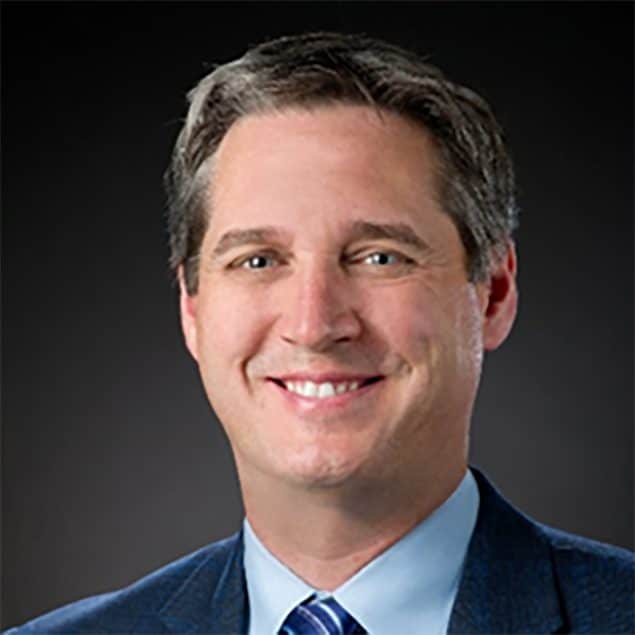
John F. Vertefeuille, PhD, MHS., is the Global Immunization Division (GID) Director and is based in Atlanta. In this capacity Dr. Vertefeuille is responsible for overall leadership and programmatic direction of CDC’s global immunization portfolio and is the CDC representative on the Strategy Committee within the interagency Global Polio Eradication Initiative.
Between 2015-2022 he served as GID’s Polio Eradication Branch Chief and the Incident Manager in the CDC Polio Emergency Response where he led the agency’s eradication efforts. From 2011 to 2013, Dr. Vertefeuille was the CDC Country Director for Haiti where he focused on expanding access to HIV services and rebuilding the public health infrastructure following the devastating earthquake and subsequent cholera outbreak in 2010. From 2004-2011 he served as the CDC Country Director in Nigeria and Tanzania, successively. In those roles. Dr. Vertefeuille managed portfolios which included HIV, tuberculosis, and malaria. He oversaw the establishment of Field Epidemiology Training Programs and expanded national public health laboratory capacity in the countries as well. During his CDC tenure, he led and participated in many outbreak responses including Ebola, cholera, H5N1 and H1N1 influenza, and polio amongst others. Between 2002 and 2005, Dr. Vertefeuille was a Research Assistant Professor of epidemiology with the Institute of Human Virology, University of Maryland Biotechnology Institute and was an adjunct Assistant Professor at the University of Maryland medical school where he focused on HIV in low-resource environments.